What is critical pedagogy?
Posted on: February 20, 2023by Ruth Brooks
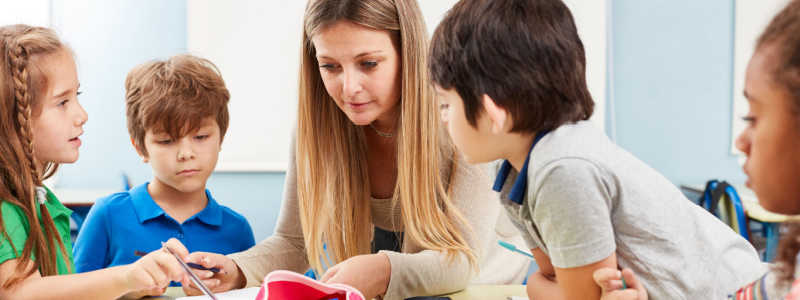
Critical pedagogy is a philosophy of education that enables and encourages critical thinking in learners. With roots in critical theory, it calls on teachers and students to explore their surroundings and the status quo to examine:
- power structures.
- patterns of inequality.
- oppressive acts and systems.
- social movements.
- political acts.
Critical pedagogy is largely attributed to Brazilian educator and philosopher Paulo Freire, who championed the idea in his book, Pedagogy of the Oppressed, first published in English in 1970. Freire said that by developing critical thinking skills within the education system, learners were more likely to connect their own problems and experiences to the wider social contexts around them. He called this critical consciousness – the necessary starting point for praxis, or the power and knowledge to take action against oppression.
Since then, Freire and other theorists have linked teaching and education to social justice and democracy, and many have championed the idea that critical pedagogy can enable individuals to create change and fight for the freedom of oppressed and marginalised peoples.
In the decades following Freire’s initial publication, critical pedagogy has risen in popularity around the world as a way to create inclusive classrooms and educational experiences. For example, in the United States, educators have used critical pedagogy in the fight against racism, sexism, and other forms of oppression. It has also been linked with a number of movements, including those focused on:
- human rights.
- civil rights.
- disability rights.
- indigenous rights.
- LGBTQ+ rights.
- environmental rights.
- postcolonial theory.
What are the principles of critical pedagogy?
Critical pedagogy shifts the focus – and the purpose – of education and teaching methods. It encourages learners to challenge and confront their knowledge, ideas, and biases, to question power dynamics, and to explore new ways of thinking.
Proponents within the critical pedagogy educational movement encourage a continuous learning environment. The number of stages within the cycle varies among theorists, but typically includes:
- Unlearning. Unlearning requires learners to revisit their existing knowledge in the interest of challenging and interrogating it – and, quite possibly, discarding it.
- Learning. Learning requires taking in new information, new ideas, and new contexts.
- Relearning. Relearning promotes the notion of continuous improvement and development. It reminds learners that there is always more to learn, and that they should continue to ask questions and seek further knowledge.
Why is critical pedagogy important?
Given the surge in environmental, social, healthcare, and political challenges in the 21st century, critical pedagogy has become increasingly important – and relied upon – within education policy. Because it enhances learners’ critical thinking skills, theorists believe critical pedagogy better equips young people to tackle the complex challenges of the present – and future – while also instilling important qualities such as empathy, consciousness, and understanding.
American critical pedagogy theorist Henry Giroux, for example, has described teaching as an inherently political act, and has spoken at length about how critical pedagogy can help in the fight against neoliberalism and facism, particularly following the election of former U.S. president Donald Trump:
“Revitalizing a progressive agenda should be addressed as part of a broader social movement capable of reimagining a radical democracy in which public values matter, the ethical imagination flourishes, and justice is viewed as an ongoing struggle. In a time of dystopian nightmares, an alternative future is only possible if we can imagine the unimaginable and think otherwise in order to act otherwise.”
What is the difference between critical and traditional pedagogy?
Critical pedagogy and traditional educational pedagogy differ in a number of key areas.
Traditional teaching tends to focus on:
- Structured curriculums.
- Exam-based assessments.
- Skills development for jobs.
Critical pedagogy, meanwhile, focuses on:
- Creating the critical consciousness that was championed in Freire’s work on critical pedagogy.
- Challenging the status quo, whether it’s existing knowledge, historical norms, or classroom dynamics.
- Unlearning, learning, and relearning – and this is true for both teacher education, as well as teachers’ educational practices with their own pupils or students.
- Encouraging alternative views and differing opinions.
- Activism, social justice, and change.
Critical education formats are likely to be more open and collaborative than traditional settings. They are also likely to be more receptive to new educational technology, educational theory, and educational methodology that promotes connections, expanding worldviews, and active participation in democracy.
How does critical pedagogy challenge the notion of education?
Critical pedagogues and theorists often speak about how critical pedagogy challenges traditional education. For example, Giroux rejects the “neutrality of knowledge” that traditional education settings tend to suggest, saying that individuals “arguing that education should be neutral are really arguing for a version of education in which nobody is accountable.”
Freire, meanwhile, was highly critical of what he called the “banking” model of education. This model, Freire said, viewed students as empty accounts to be filled by teachers, and limited their ability to think creatively and critically.
Examples of critical pedagogy theorists
In addition to Freire and Giroux, there are several prominent voices in the field of critical pedagogy. These voices include:
- Peter McLaren, a contemporary of Freire and Giroux’s who was similarly instrumental in developing critical pedagogy, and whose educational philosophy was influenced by Marxist humanist philosophy.
- bell hooks, a social activist who explored the intersectionality of race, gender, capitalism, and class, and who said the classroom “remains the most radical space of possibility in the academy.”
- Joe Kincheloe, a leading critical pedagogy scholar who founded The Paulo and Nita Freire International Project for Critical Pedagogy, which is now a virtual network called freireproject.org.
Apply critical pedagogy in your own educational setting
Take the next step in your career as an educational practitioner with the 100% online MA Education degree at North Wales Management School, part of Wrexham University.
This distance-learning master’s degree has been developed for teachers, trainers, tutors, and educational professionals from all backgrounds. You’ll reinforce your practical work experience with the theory, tools and techniques that will help you to achieve career success, whether you work in schools, higher education bodies such as colleges and universities, or public sector organisations.
One of the programme’s key modules is in critical pedagogy and anti-oppressive practice, so you will have the opportunity to explore the relationship between formal education, informal education, and critical pedagogy, and critically examine how education can be used to constructively challenge inequalities and imbalances of power in society. You will also reflect on your own practice to ensure that you are working in an inclusive, democratic, and anti-oppressive way.


